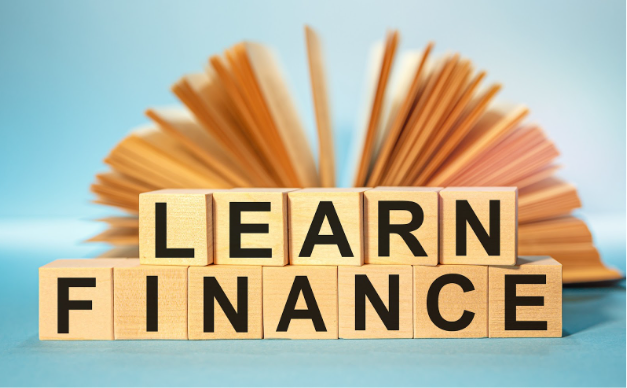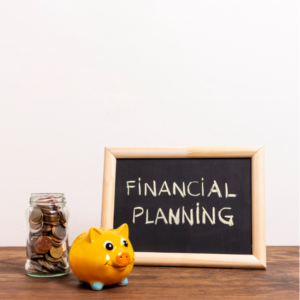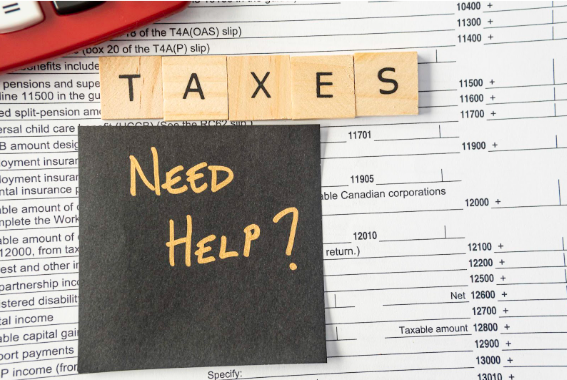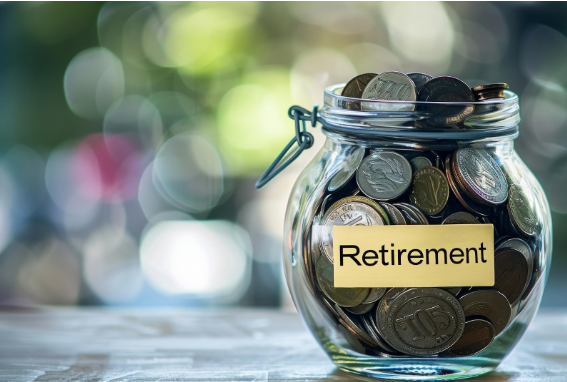
A to E of Personal Finance
Personal finance is the education you get about your finances. Our financial situation is not the same but there are principles that work irrespective of your financial situation or which province you live in. When you’re equipped with the right knowledge about finances, you will make better decisions, correct your mistakes, and build wealth. Sadly, this is not something you will be taught in school even if you study Accountancy. Each person must take up the responsibility to ensure that their finances are in good standing, and this is almost impossible without a proper financial education. In this blog, we will look at key details about personal finance from Letters A to E. Let’s get started!
A: Assessment
Assessing your financial situation is a fundamental step in taking control of your financial health. It involves a comprehensive review of where you currently stand in your finances. You can’t skip this part if you want to make plans for your financial future or if you want to fix things. This process starts with evaluating your assets. This will give you a clear picture of the resources at your disposal.
Another important thing is examining your liabilities, which are essentially your financial obligations. This includes any form of debt such as credit card balances, payday loans, student loans, mortgages, and any other loans you might have. Subtracting your liabilities from your assets reveals your net worth, this will then offer a clear image of your financial health. A positive net worth indicates that your assets outweigh your liabilities, which could be a sign of financial stability. However, a negative net worth shows that you have more debt than assets.
B: Budgeting
If you want to be a pro at managing your finances, budgeting is an essential practice. It involves creating a plan for how you’ll spend your money each month, ensuring you can cover your necessary expenses while also working towards your financial goals. The process starts by identifying all sources of income like salaries, bonuses, and any other earnings.
The next step is to track your expenses. Some expenses don’t change (fixed) while some change (variable). Fixed expenses, like rent or mortgage payments, remain relatively stable from month to month, while variable expenses are those expenses that don’t have specific value, they change. When you understand where your money goes, you can identify areas where you might be overspending and adjust accordingly.
One thing about human beings is we love our freedom. The freedom to do anything, but to maintain order in a community, you’re not free to do just anything, and that’s why there are laws. Now, when it comes to finances, we want to be free to spend anyhow and afford anything, but it doesn’t work that way, you have a price to pay. Either you pay in huge debt with mountain-high interest or you pay with financial discipline and reap the reward soon. Where you need to exercise that financial discipline is in budgeting.
C: Credit Score
A credit score is an important aspect of personal finance. It is a key indicator of your financial health to potential lenders. It’s not every time you have resources at your disposal to take care of certain needs and emergencies. Other times, you need to take out credit or loans. Your credit score is derived from your credit history, which includes your borrowing and repayment history. It influences not only your ability to obtain loans and credit cards but also the interest rates you’re offered. A higher credit score signifies to lenders that you’re a low-risk borrower, so you will get favorable loan terms compared to someone that has a low credit score.
To improve your credit score, you must pay your bills on time, maintain low balances on your credit cards, and only apply for new credit when necessary. Each of these actions contributes positively to your credit score. If you do the opposite, you will see the effect on your credit score as it continues to drop.
It’s also important you regularly review your credit report in case there is any error. You can obtain it for free annually from either TransUnion or Equifax.
D: Debt Management
Debt is not a bad thing especially when you manage it well. But it’s not that easy. Lots of us have made mistakes as a result of the debt we carry. Some have used credit cards without caution, taken out high-interest loans without thinking twice, used loans to pay loans, and several other financial blunders.
Regardless of the strategy you use in managing your debt, the goal is to pay down debts.
Consolidating debts can also be a good option for some. This involves combining multiple debts into a single loan, making it easier to manage payments and perhaps save money on interest. When your debt gets overwhelming, then seeking debt help from EmpireOne Credit is a good idea.
E: Emergency Fund

The primary purpose of an emergency fund is to provide a buffer that allows you to handle life’s unforeseen challenges without resorting to high-interest debt options, like credit cards or payday loans. Starting small and consistently contributing to this fund can gradually build it up to the desired level.
Having an emergency fund offers you peace of mind, knowing that you’re prepared for the unexpected.
Bottom Line
There’s no end to learning when it comes to financial literacy. But knowledge is nothing when it is not applied. When you start to apply these basic principles of personal finance, you will begin to see changes in your financial situation.
Do you have multiple debts? Are you being disturbed by collection calls and lawsuit threats? Worry no more! Call us at EmpireOne Credit, our debt experts are waiting to help you with the assistance you need in getting rid of your debt. Your debt can be reduced by up to 80%, and interest will stop immediately. Call us at (416) 900-2324 to schedule a free consultation with us. Being debt-free feels good!






